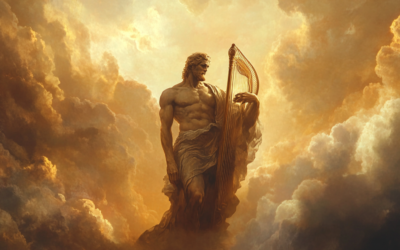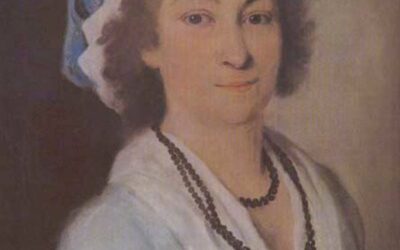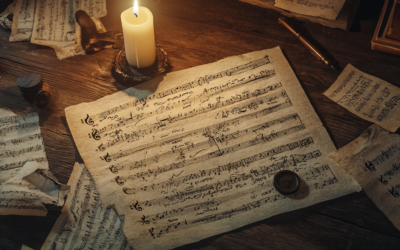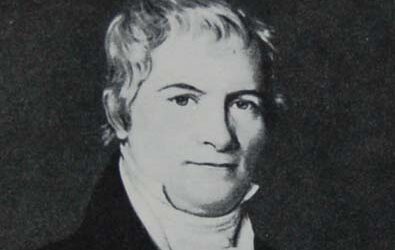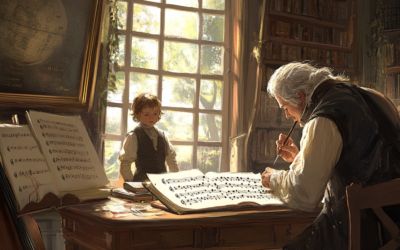International Traetta Award
After a 12-year hiatus, the award returns to Italy!
The Traetta Society is delighted to announce that this year’s 14th International Traetta Award (Traetta Award) has been presented to Anna Trombetta and Luca Bianchini.
Mozart: The Fall of the Gods
This book offers a fresh and critical look at the life of Wolfgang Amadeus Mozart, challenging the myths that have surrounded him for centuries. We strip away the romanticised image of the “natural genius” and delve into the contradictions within Mozart’s extensive biographies. Backed by nearly 2,000 meticulously sourced citations, this work invites readers to explore a deeper, more complex understanding of Mozart. Perfect for those who wish to question the traditional narrative, this biography is a must-read for serious music lovers and historians.
"Leopold Mozart was the real composer behind many of Wolfgang and Nannerl’s early works, shaping their success while crafting his own legacy."
Mozart: The Fall of the Gods
They are being recognised for their “passion in musicological research on primary sources of the European musical repertoire, with significant contributions to the redefinition of 18th-century music historiography.”
The Traetta Prize (Italian: Premio Traetta) is an award assigned by the Traetta Society in recognition of achievements in the rediscovery of the roots of European music. The prize, conceived and promoted by the architect Gianfranco Spada, owes its name to the composer Tommaso Traetta (1727–1779) and is awarded each year during the Traetta Week, a festival dedicated to the composer that takes place during the eight days between the day of his birth to that of his death. (30 March – 6 April)
Traetta was one of the main composers of the Neapolitan School, who despite the huge success in life for his compositions has been unjustly unrecognised, along with other composers of the time, for his contribution to classical music by the music historiography of German origin, who founded the basics of classical music mostly on Germanic authors.
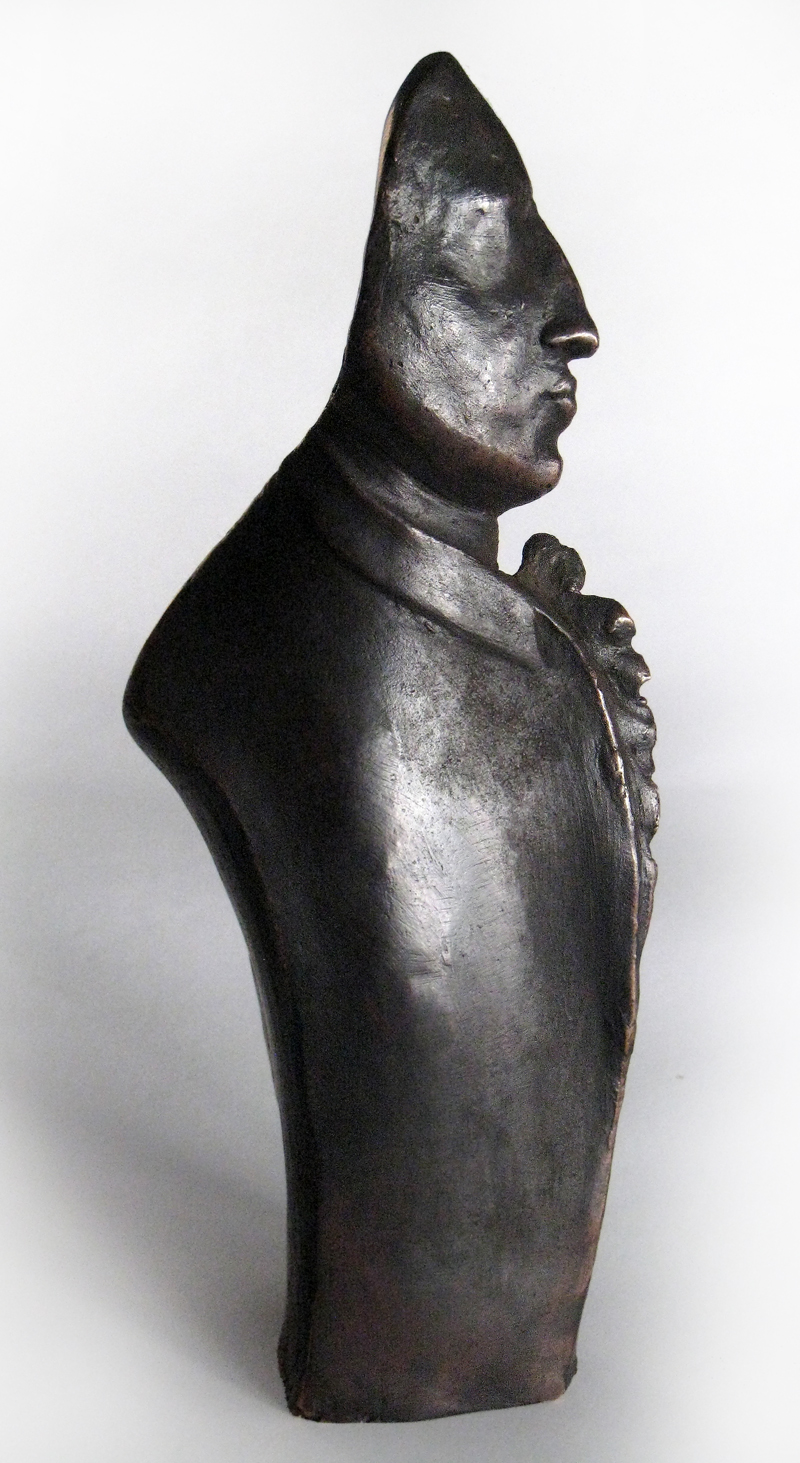
The objective of the Prize is to reward people who have committed themselves in expanding the knowledge of the musical production of the eighteenth century. The Prize borrows the name of Traetta as a symbol of a large list of composers unjustly forgotten such as Leonardo Vinci, Pasquale Anfossi, Antonio Sacchini, Nicola Vaccai, Leonardo Leo, Domenico Cimarosa or Vicente Martín y Soler among others.
You May Also Like
Bohemia or Moravia: Reconfiguring Music History
Why does music history insist on an Austrian narrative, when the contributions of other nations are just as crucial?
The True Caregiver: A Closer Look at Mozart’s Final Days
Who truly cared for Mozart in his final days: his wife Constanze or his sister-in-law Sophie? The True Caregiver unravels this age-old mystery, challenging our perceptions and shedding light on the figures closest to the composer in his last hours.
The Mysterious Origins of Mozart’s K.115
The story of Mozart’s Mass K.115 is one of myth and mistaken identity, pointing not to Wolfgang’s genius but rather to his father Leopold’s hidden influence.
Unveiling the Truth: Mozart in Paris
Unveiling the often-overlooked reality of Mozart’s time in Paris reveals a story of manipulation and deception, far removed from the glorified narratives crafted by his father, Leopold.
The Questionable Legacy of Niemetschek’s Biography
Leopold Mozart’s life was a whirlwind of ambition, deceit, and disappointment—a stark portrait of a man chasing success at any cost.
Leopold Mozart: A Portrait in Shadows
Leopold Mozart’s life was a whirlwind of ambition, deceit, and disappointment—a stark portrait of a man chasing success at any cost.


